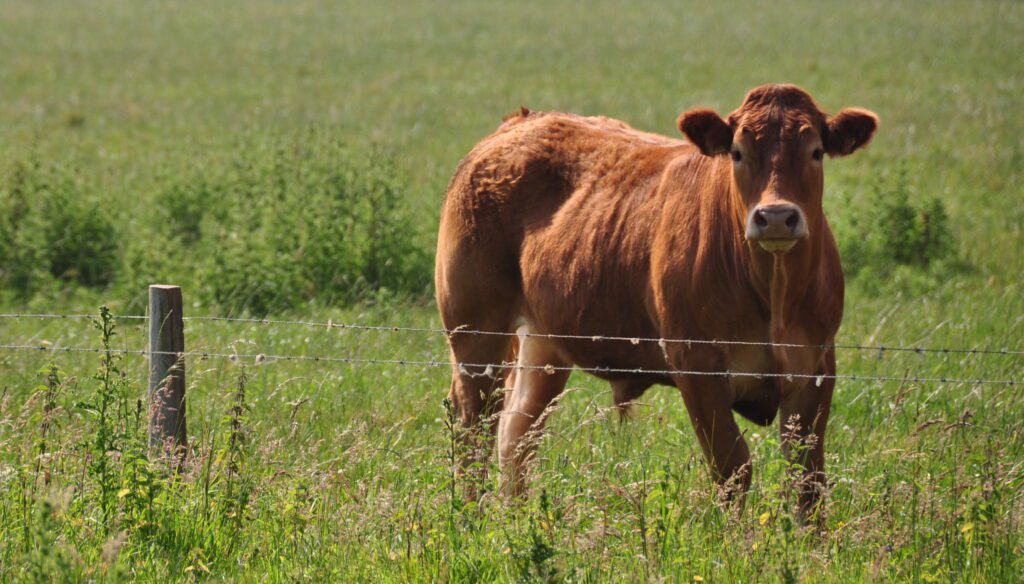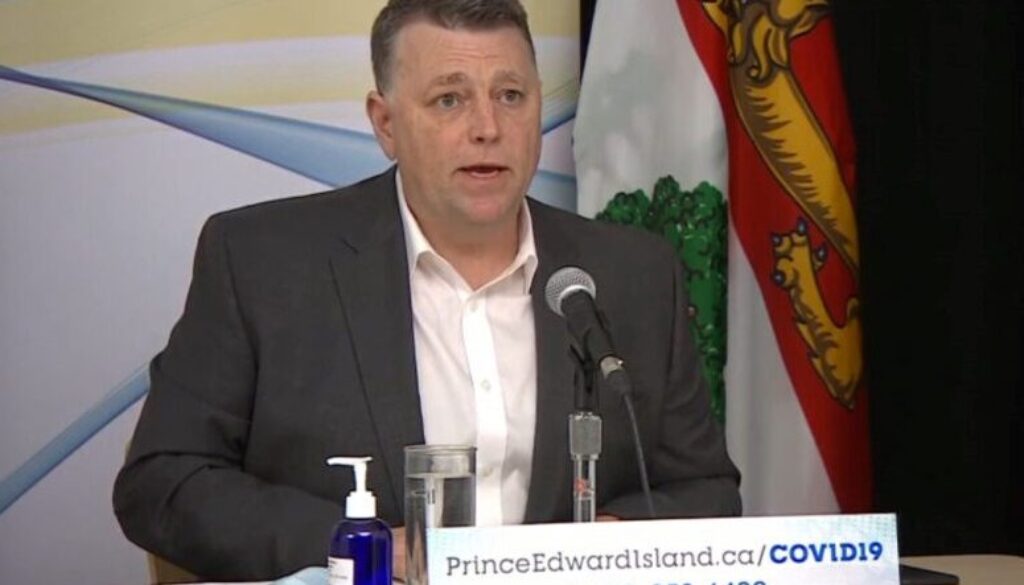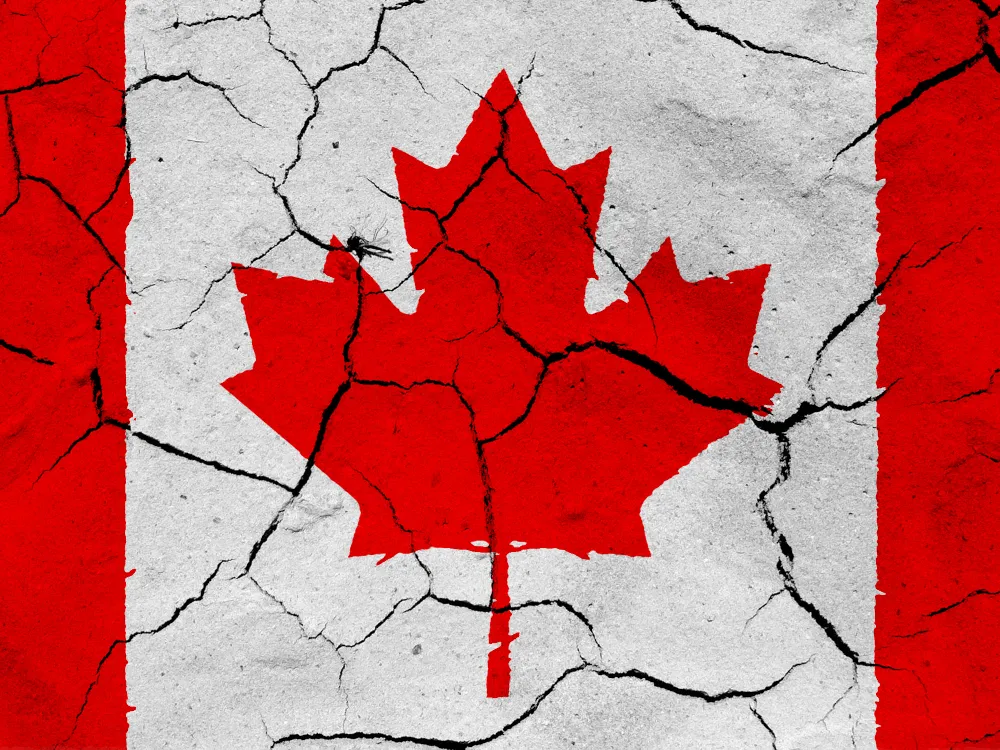Wild salmon populations on Canada’s West Coast have been in steady decline for over a century. The latest – and perhaps most devastating – disrupter is open-net pen farming of Atlantic salmon. While the east coast of Vancouver Island saw fish farms closed through Indigenous leadership and federal cooperation, the west coast tells a different story. Here, internal conflicts between hereditary and elected band councils have collided, leading to broken promises and political backtracking. This case study dives into the ecological impacts of fish farms and the political shell games that allow their harm to continue.
Wild Salmon in Decline: Fish Farms as the Newest Threat
Sustainability – of both natural ecosystems and human systems – remains an elusive goal. This case study examines how the industrial farming of Atlantic salmon on the west coast of British Columbia highlights the deep complexities that undermine sustainability. At the heart of this issue are competing interests: corporate profits, local employment, jurisdictional confusion among governments and Indigenous communities, internal Indigenous politics, and the manipulation of data and public narratives. It’s a tangled web of power plays that obscures the simple truth: fish farms are killing wild salmon.
West Coast salmon populations have faced relentless pressure for over 120 years – from overfishing, dam construction, hatchery dependence, and habitat destruction due to logging, mining, and oil and gas development. These cumulative impacts have devastated the five species of Pacific salmon. Between 1988 and 1999, the total landed value of salmon plummeted by 94%.
By the 1980s, a new threat emerged. The BC Salmon Farmers Association formed in 1984, leading to rapid expansion of fish farms, first along the Sunshine Coast and then around Vancouver Island. Initially small in scale, these farms quickly grew in size and number, and so did their ecological footprint.
Today, we know the truth: open-net pen fish farms are ecological hazards. Raising non-native Atlantic salmon in open ocean pens creates perfect conditions for disease spread, sea lice infestations, and pollution. Wild salmon, already struggling, now face a deadly gauntlet as they migrate past these industrial sites.
And the consequences ripple outward. Salmon are a keystone species. Their decline has cascading effects – Orcas go hungry, herring stocks fall, bears and eagles lose a critical food source, and even coastal forests suffer, deprived of the nutrients salmon carcasses bring upstream.
The impact isn’t subtle – it’s catastrophic. California, Oregon, Washington State, and Alaska have all banned Atlantic salmon farms. Yet here in BC, they persist.
Broughton Archipelago – A Success Story, But at What Cost?
There is hope. In the Broughton Archipelago, on the northeast coast of Vancouver Island, 17 fish farms were removed by 2023. This victory came after a unified demand by local First Nations – both hereditary and elected leaders – who stood together against industrial fish farming.
It wasn’t easy. In 2017, Indigenous land defenders staged a 284-day occupation of the Swanson Island Fish Farm, forcing both provincial and federal governments to take notice. Their persistence paid off. Then-premier John Horgan visited the area, heard their concerns, and helped facilitate the removal of the farms.

The ecological response was almost immediate. Marine biologist Alexandra Morton – who has studied the impacts of fish farms for decades -documented a resurgence of pink salmon and noted that Orcas and other species were beginning to benefit. Coastal ecosystems, it turns out, are resilient – if given the chance.
But that chance hasn’t come everywhere.
Clayoquot Sound: Deception, Division, and Political Shell Games
While Broughton saw closures, Clayoquot Sound – a designated UNESCO Biosphere Reserve – remains cluttered with fish farms. Here, 20 open-net pens operate, 19 of them owned by Cermaq, a Japanese multinational. Despite the Trudeau government’s 2019 promise to phase out open-net farms in BC by 2025, that deadline was scrapped. Licenses have now been extended until 2029.
Why the reversal? Politics – layered, messy, and opaque.
The federal government cites its obligation to respect Indigenous governance under UNDRIP (the United Nations Declaration on the Rights of Indigenous Peoples), using internal divisions within Indigenous communities as a justification for delay. In Clayoquot Sound, the Ahousaht Nation’s hereditary chief supported farm expansion, citing local employment concerns, while other community members, along with neighboring nations like the Tla-o-qui-aht and Hesquiaht, opposed the farms outright.
It gets murkier. Cermaq reached an agreement with the Ahousaht Nation, negotiated with the hereditary chief. This agreement reportedly involved financial compensation to the Nation, though estimates on the exact amount vary. While legal and public, such deals create fractures within communities. Some Ahousaht band members have spoken out against the farms – facing social media harassment and isolation for doing so.
This political complexity offers the perfect smokescreen for federal inaction. The Trudeau Liberals avoided a tough decision by hiding behind the “complexities” of Indigenous governance. Meanwhile, BC’s NDP government has stayed silent, refusing to pressure for closures in Clayoquot Sound.
The Bigger Picture: Ecology vs. Industry
The harms of open-net fish farms are well-documented:
- Dead zones of waste and decomposing matter beneath fish pens
- Virus transmission: Atlantic-origin viruses like Piscine Orthoreovirus (PRV) now infect Pacific salmon
- Sea lice infestations, which devastate juvenile wild salmon during their critical early life stages
- Predator entanglement and deaths, from seals to sea lions
These impacts are not minor side effects – they are ecosystem-level disruptions.
And public opinion is clear: 75% of BC residents want these farms gone. Over 120 BC First Nations support their closure. So why do they remain?
Because industry profits and political cowardice still outweigh ecological reality.
The Path Forward
We stand at a crossroads. The federal government’s broken promises, the manipulation of Indigenous politics, and the ongoing prioritization of corporate interests over ecosystem health paint a grim picture. But the victories in the Broughton Archipelago show that change is possible – when communities unite and pressure governments to act.
Atlantic salmon fish farms have no place in BC’s coastal waters. Wild salmon – and all the life they support – deserve better.
If the federal government won’t act, then it’s up to us. Speak out. Demand accountability. And remember: healthy ecosystems are the foundation of a healthy society.
All content on this website is copyrighted, and cannot be republished or reproduced without permission.
Share this article!




The truth does not fear investigation.
You can help support Dominion Review!
Dominion Review is entirely funded by readers. I am proud to publish hard-hitting columns and in-depth journalism with no paywall, no government grants, and no deference to political correctness and prevailing orthodoxies. If you appreciate this publication and want to help it grow and provide novel and dissenting perspectives to more Canadians, consider subscribing on Patreon for $5/month.
- Riley Donovan, editor